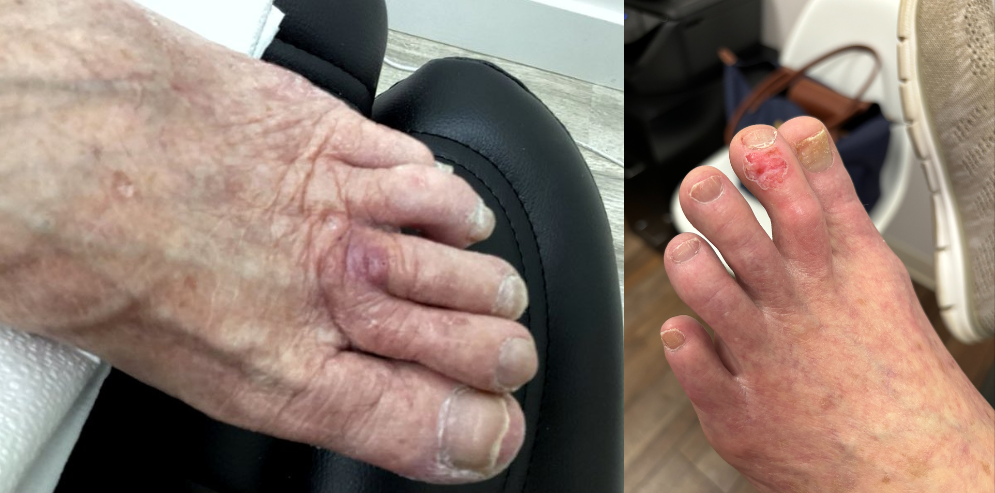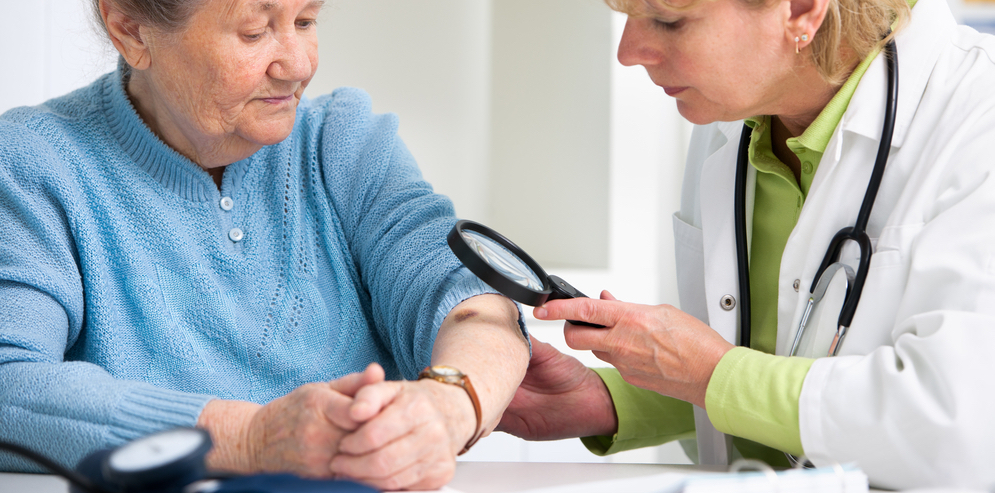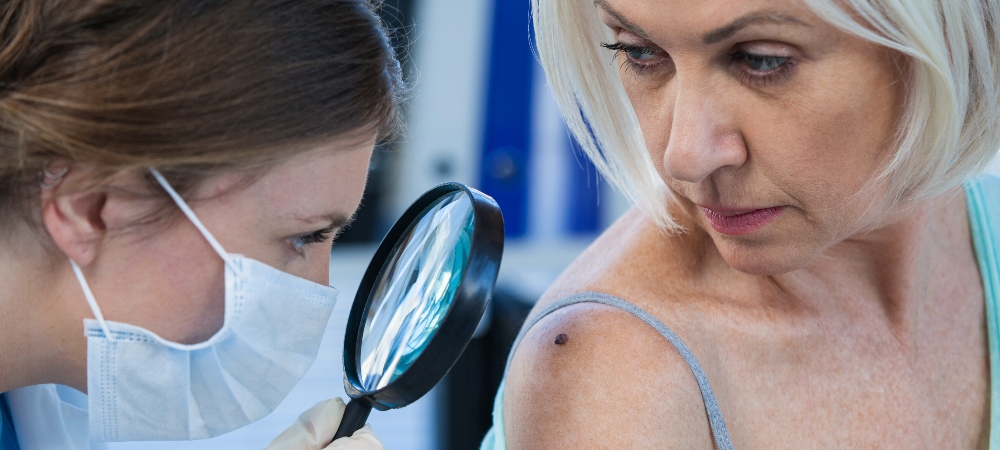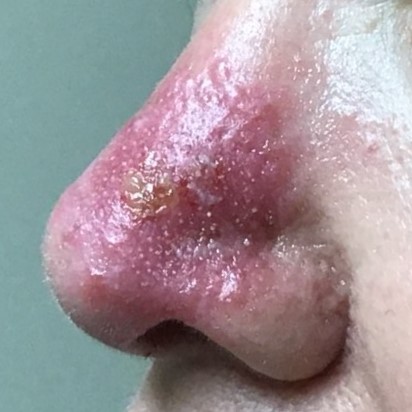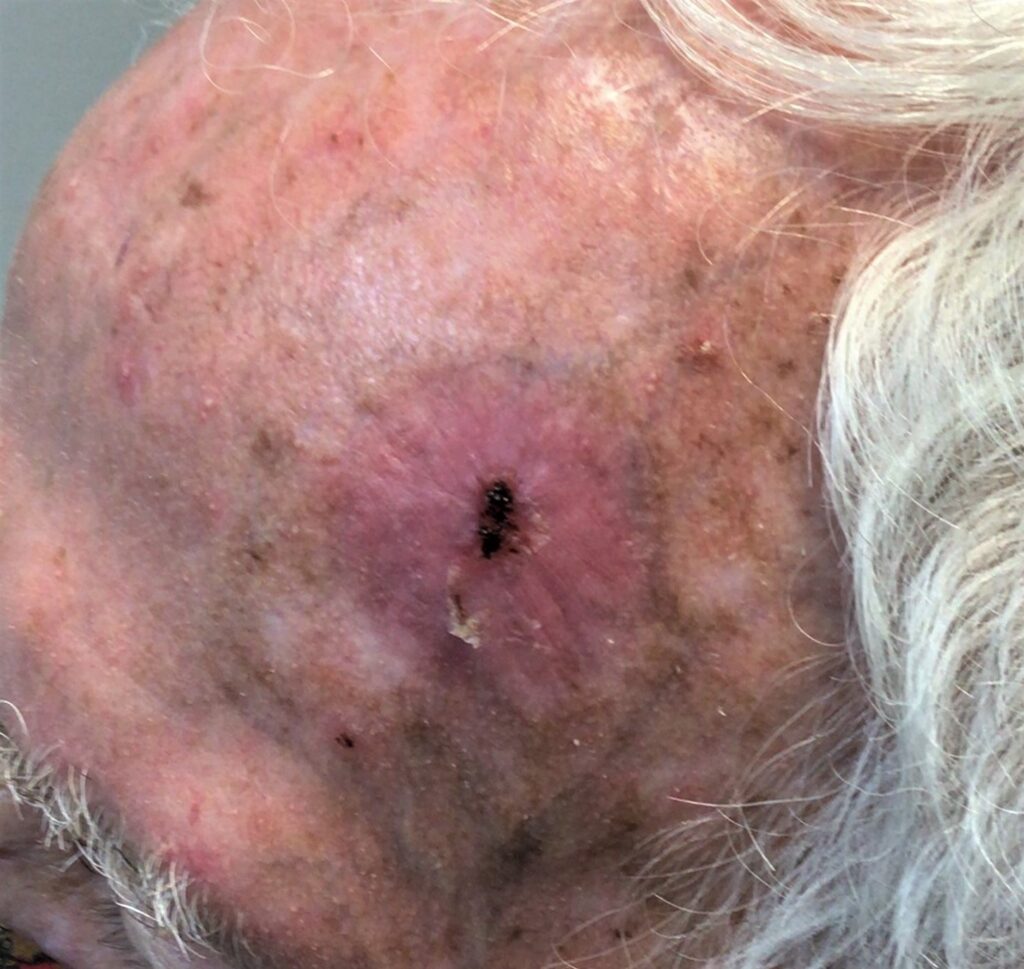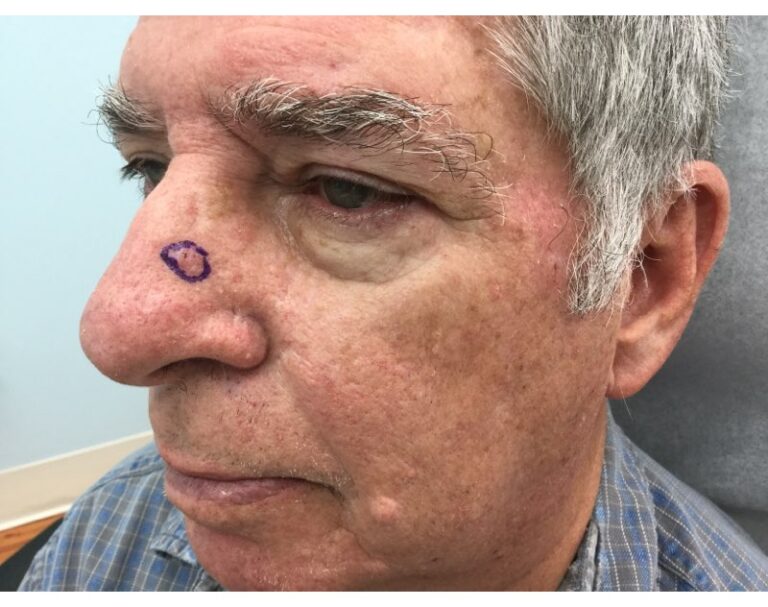
Knowing the risk factors for skin cancer can empower your skin care routine and overall skin health goals. While certain skin tones and health concerns may predispose a person toward developing skin cancer, there are other habits and environments you can actively avoid to minimize your risks. Stay ahead of your skin’s health with these tips and skin cancer facts from GentleCure.
Who is Most at Risk for Common Skin Cancers?
Some people are more likely to develop one of several common forms of skin cancer. Being aware of the following risk factors can help you to stay healthy and improve outcomes:
- Complexion and features: Those with fair skin, freckles, and lighter-colored eyes and hair tend to sunburn more easily, and they are therefore more susceptible to skin cancer.
- Race/ethnicity: People with lighter skin are more likely to be impacted by skin cancer, but it’s important to note that the disease can impact anyone regardless of skin tone.
- Gender: Men are more likely to develop skin cancer, particularly older white men.
- Age: Because common skin cancers take years to develop and spread, it’s most commonly found in older generations, specifically those over age 50. (Melanoma, while much less common than basal or squamous cell skin cancers, may spread much more quickly.)
- Location: Living in a sunny environment or working outside on a regular basis increases sun exposure and raises risk.
Other risk factors for skin cancer include a weakened immune system, and use of medications that suppress the body’s ability to regenerate healthy cells.
While everyone should schedule annual skin cancer screenings, those at higher risk must prioritize these crucial check-ins with a dermatologist.
Who is Most at Risk for Non-Melanoma Skin Cancer?
Some people are more likely to develop non-melanoma skin cancer, based on:
- Complexion and features: Those with fair skin, freckles, and lighter-colored eyes and hair tend to sunburn more easily, and they are therefore more susceptible to skin cancer.
- Race/ethnicity: People with lighter skin are more likely to be impacted by skin cancer, but it’s important to note that the disease can impact anyone regardless of skin tone.
- Gender: Men are more likely to develop skin cancer, particularly older white men.
- Age: Because common skin cancers take years to develop and spread, it’s most commonly found in older generations, specifically those over age 50. (Melanoma, while much less common than basal or squamous cell skin cancers, may spread much more quickly.)
- Location: Living in a sunny environment or working outside on a regular basis increases sun exposure and raises risk.
Other risk factors for skin cancer include a weakened immune system, and use of medications that suppress the body’s ability to regenerate healthy cells.
While everyone should schedule annual skin cancer screenings, those at higher risk must prioritize these crucial check-ins with a dermatologist.
How to Reduce the Risk of Getting Skin Cancer: Prevention & Best Practices
Although the most common forms of skin cancer are highly treatable when found early, everyone should understand the ins and outs of skin cancer prevention.
Overexposure to sunlight and ultraviolet (UV) rays is the most common external risk factor for skin cancer. Why? UV rays affect your skin’s ability to produce skin cells, stimulating the process so that there’s more cells than your body can handle. While your skin normally pushes cells to the outermost layer where they eventually die off, too much sun causes the cells to get trapped beneath, merging into cancerous areas.
While biological risk factors cannot be avoided, you can take precautions to protect yourself against the sun’s harmful rays. You can stay sun safe and reduce the risk of getting skin cancer when you:
- Limit sun exposure, especially during the warmest parts of the day.
- Use broad-spectrum sunscreen of SPF 30 or more all year round.
- Wear sun-protective clothing such as hats, long-sleeved shirts, and sunglasses.
- Avoid tanning beds, lamps, and sunbathing.
Surgery-Free Non-Melanoma Skin Cancer Treatments
Even when being extra careful with the risk factors for non-melanoma skin cancer, symptoms can still develop. If you’re looking for surgery-free skin scan treatments, Image-Guided Superficial Radiation Therapy (Image-Guided SRT) eliminates the need for cutting or surgery. Learn more about how it works and call 855-936-4411 to speak with one of our skin cancer information specialists for more information.
